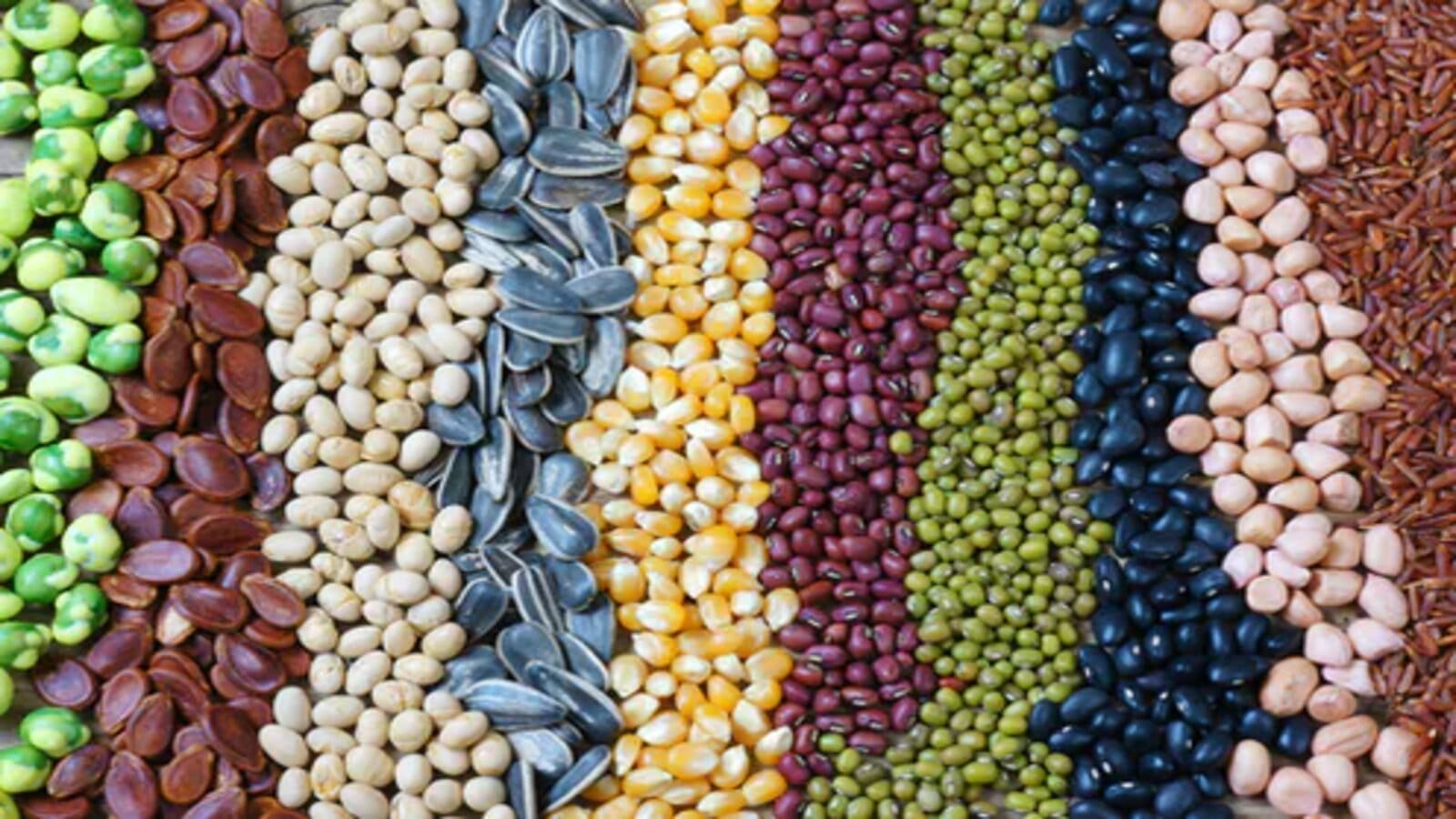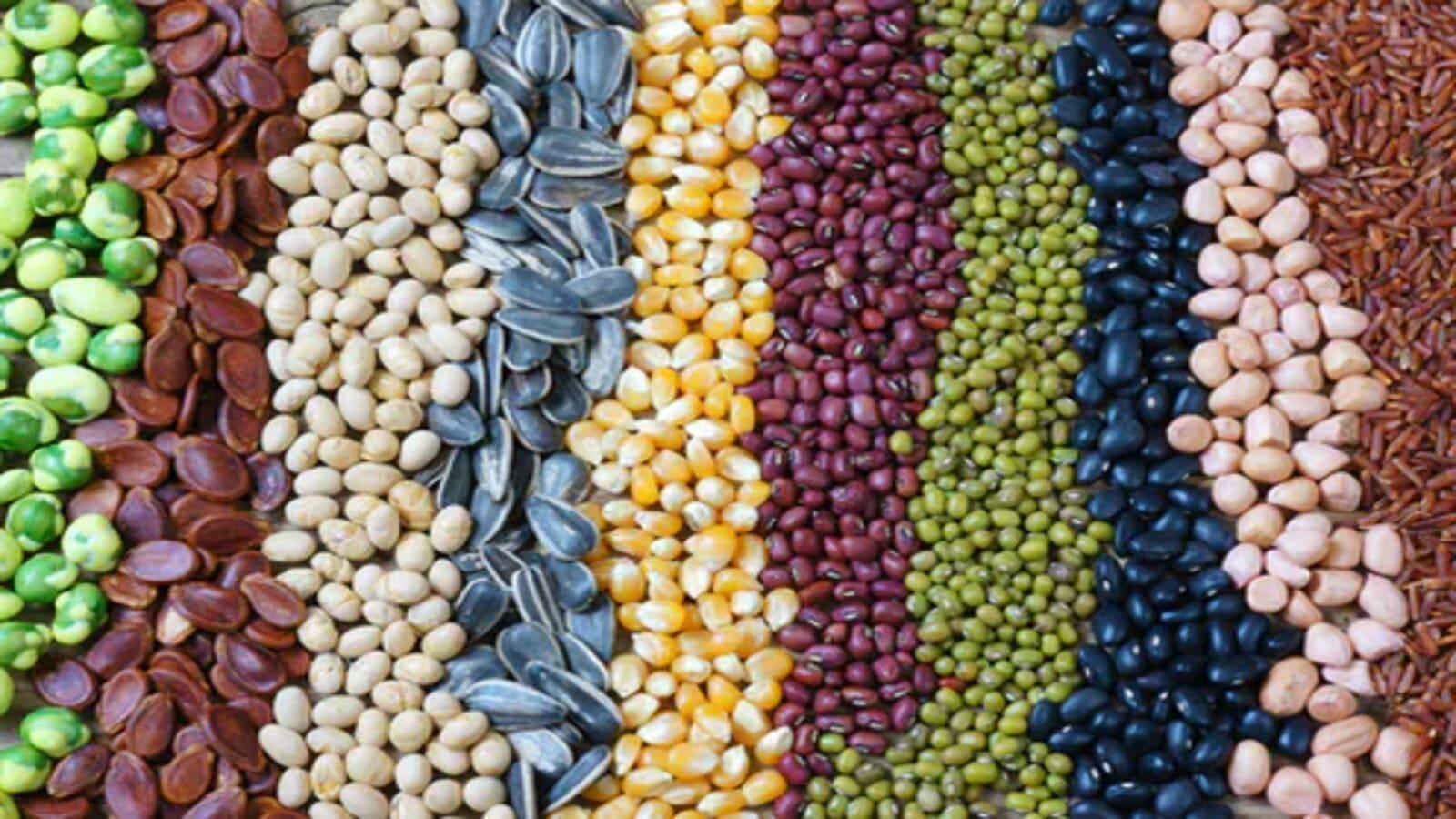Kenya’s seed sector makes strides in maize but legumes lag behind, report shows

KENYA – Kenya’s seed industry has made notable progress in maize research and production, offering farmers a wider choice of varieties. However, a new report reveals that other critical food crops such as beans and sorghum continue to face neglect due to limited breeding, weak funding, and low private-sector interest.
The findings are contained in the Seed Sector Performance Index (SSPI) 2023 report, a tool developed by TASAI Inc. in collaboration with the African Union Commission’s African Seed and Biotechnology Programmed (ASBP) and the Alliance for a Green Revolution in Africa (AGRA).The index tracks and scores the performance of African seed industries, focusing on their ability to provide quality seed to farmers. Between 2020 and 2022, Kenya released 36 new crop varieties, 32 of which were maize and only four beans.
While maize innovation was commended, the limited releases for legumes and sorghum weighed down Kenya’s overall performance. “As of 2023, the Kenya Agricultural and Livestock Research Organization (KALRO) had 48 breeders: 22 for maize, 10 for beans, 12 for sorghum, and four for cowpeas,” the report noted. Despite a fair rating of 6.25 out of 10 for the number of breeders, most resources remain concentrated on maize, which attracts stronger donor and private-sector funding. Michael Waithaka, a researcher at TASAI, said Kenya’s strong research institutions, long history of seed production, and active private sector underpin its progress. “The policy environment is also supportive and is reviewed regularly with input from stakeholders. That’s why we’re seeing new varieties released consistently,” he said. But Waithaka cautioned that declining funding for public research institutions is a looming threat.
“Across Africa, maize receives disproportionate support compared to legumes and other crops. Seed companies find maize more profitable, while legumes, being open-pollinated, can be reused by farmers for years, making them less attractive commercially,” he explained.He added that diversification beyond maize is critical as climate change and shifting dietary needs reshape agricultural priorities. “When you have climate change, you can’t rely on one major crop. Nutrition and health consciousness also demand that we pay more attention to other crops.”Simon Maina, Head of Seed Certification at the Kenya Plant Health Inspectorate Service (KEPHIS), and a contributor to the SSPI report, highlighted that by 2022, farmers had access to 149 certified seed varieties: 100 maize, 28 beans, 10 sorghum, and 11 cowpeas.
While maize seed production reached 40,264 metric tonnes, bean seed output was just 1,296 MT, sorghum 362 MT, and cowpeas 123 MT.This supply met 53% of maize seed demand, 54% for sorghum, and 100% for cowpeas. However, bean seed availability covered only 4% of demand, underscoring the crop’s marginalization despite its importance in household nutrition.
